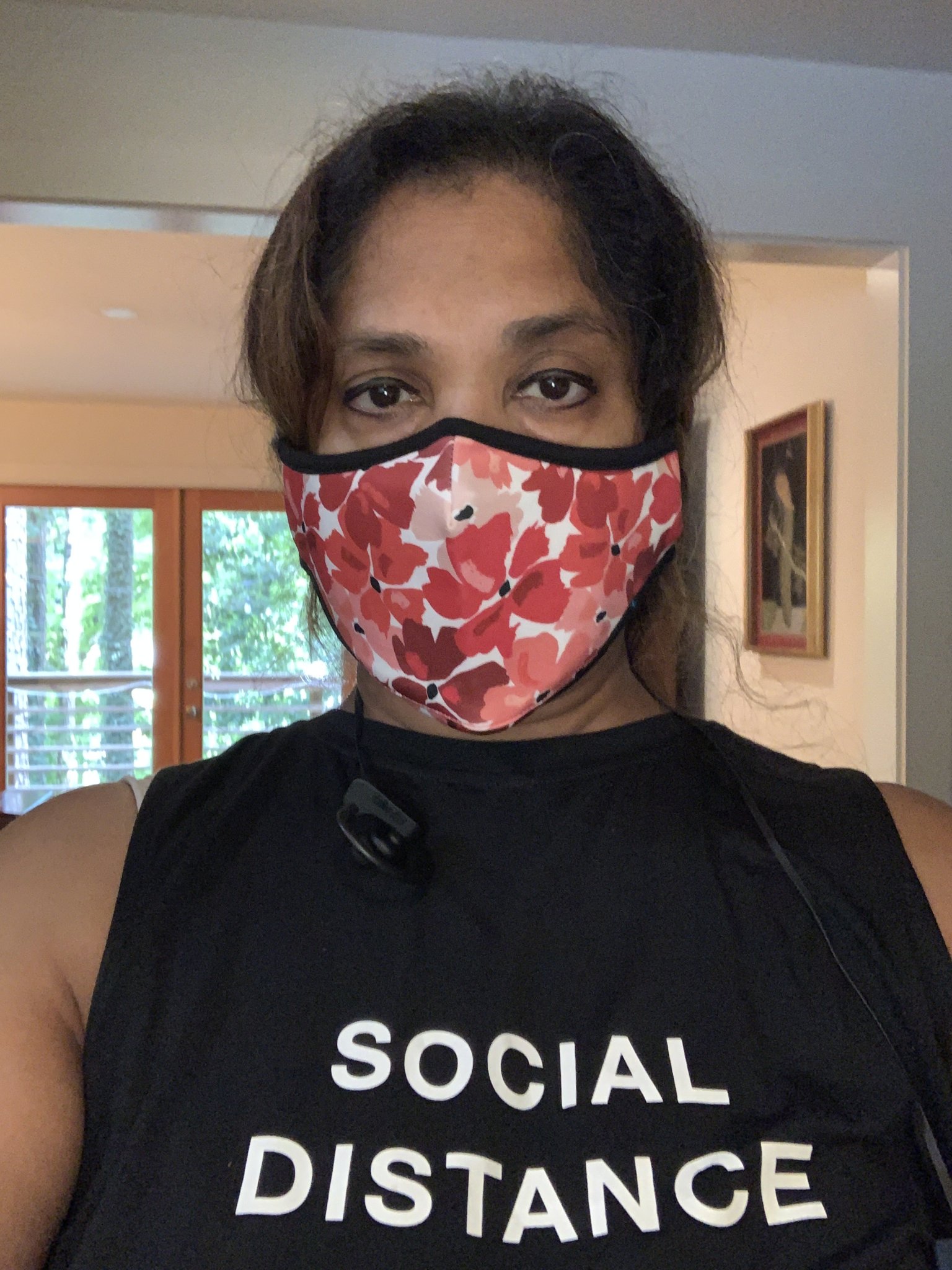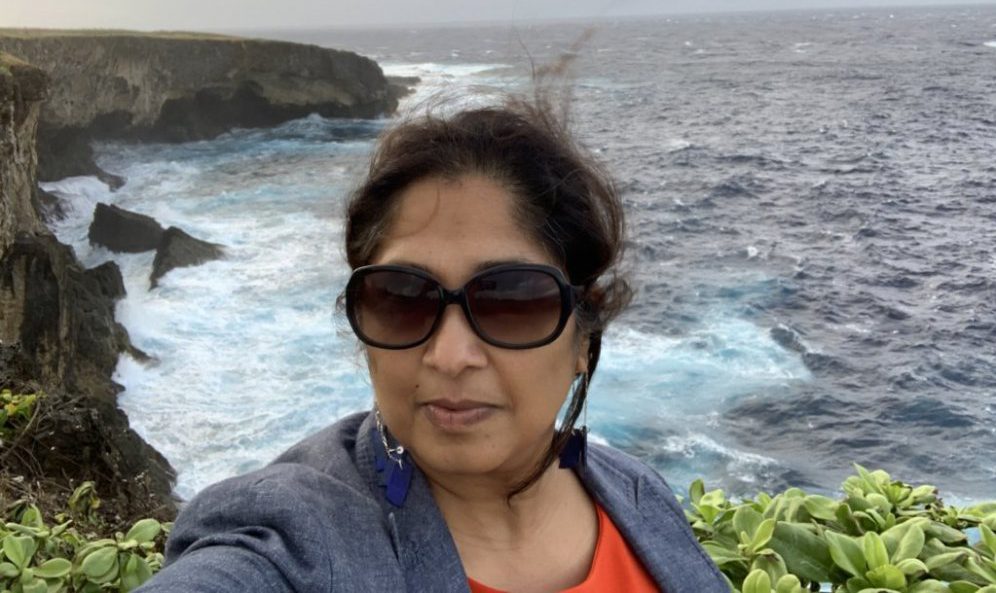Our “Five Minutes With” series seeks to discover what are the habits, inspirations and obstacles that have shaped the careers of leading cancer researchers and influencers.

Mona Saraiya, MD, MPH, is a Medical Officer and Team Lead in CDC’s Division of Cancer Prevention and Control’s (DCPC’s) Epidemiology and Applied Research Branch. Her cervical cancer and human papillomavirus (HPV) research portfolio include an initiative to characterize the HPV-associated cancer burden in the United States, and adherence to cervical cancer screening guidelines, especially with newer technologies such as HPV testing.
What is a typical day like for you, and how has this changed from when you’d commute to the office?
There has never been a typical day – usually, I’m involved in several meetings with a variety of experts focusing on cancer-related content, health communication plans, research questions, and activities, and research initiatives to identify innovative ways to look at and present data related to HPV-associated cancer burden, screening, and vaccination.
Since March, CDC moved to 100% telework because of the COVID-19 pandemic. I participated in the COVID-19 response and am impressed at how CDC has organized itself. Despite teleworking, we were able to collaborate on a response team and continue our regular work responsibilities. We have all become savvier with Zoom and other technology to stay connected.
Since returning to my job in the Division of Cancer Prevention and Control, I have a renewed energy for my role and responsibilities. And, telecommuting offers me the opportunity to do more work (rather than less) while also taking breaks such as walking outside and exercising.
What is the best piece of advice (work or life) you’ve been given?
Life’s a journey, not a destination.
How has a failure, or apparent failure, set you up for later success? Do you have a “favourite failure” of yours?
I have had what I perceive as several failures that have set me up for new opportunities. For example, for a short time, I spearheaded a global office on cancer prevention and control. When it closed, I realized there was still an opportunity to work in global-like settings in the United States (such as the US Pacific Islands). By collaborating with several partners, I was able to work with the National Cancer Institute on several shared global priorities.
In the last five years, what new belief, behaviour, or habit has most improved your life?
It’s hard to think of past 5 years, but in the past 6 months, our family of 5 invested in a popular bike that has several features include a prescription to all types of exercise classes (yoga, core, cardio). During the pandemic, I think it really helped us make sure we exercised and opened us up to an online community that was committed to healthy behaviours and lifestyle.
What challenges have you experienced whilst trying to progress in your career?
I am a scientist and often struggle with balancing the desire to collect data and publish my research with the requirements of working with program staff with state and local health departments. However, it’s never too late to learn that balance, and I strive to get better at it.
Black lives matter has everyone thinking about racial inequalities. What advice would you give to a smart, driven college student of colour about to enter the “real world”?
Great question. The most recent movement has increased awareness of how at every level, the opportunity that exists for people of colour can be improved. The real action is happening in the workplace, in educational settings, and in health. The future is bright—don’t underestimate the power of organizing and using your platform to seek change.
COVID-19 has unquestionably brought hardship and challenges for many people, but what do you think the positives and negatives have been for you personally?
The positives have been spending more time with my children, exercising, and having to travel for work less often. However, I miss having personal-social interactions with colleagues and friends.
Do you think that COVID-19 offers an opportunity to rethink cancer early diagnosis/ prevention?
COVID-19 has changed the way we deliver care. For example, with some patients postponing office visits and more reliance on telemedicine we have an opportunity to rethink how we prioritize those at highest risk who need screening or follow-up of abnormal results. For example, there is a lot of discussion about promoting self-collection for cervical cancer screening (i.e., using home self-collection for HPV tests, eliminating the need for office visits). There is also discussion of how this social distancing period may offer opportunities to extend cancer screening periods for those at lower risk; and, to focus more on those who are under-screened.
If you could have a gigantic billboard anywhere with anything on it — metaphorically speaking, getting a message out to millions or billions — what would it say and why?
Be the change you want to see in the world.
The views expressed are those of the author. Posting of the blog does not signify that the Cancer Prevention Group endorse those views or opinions.

